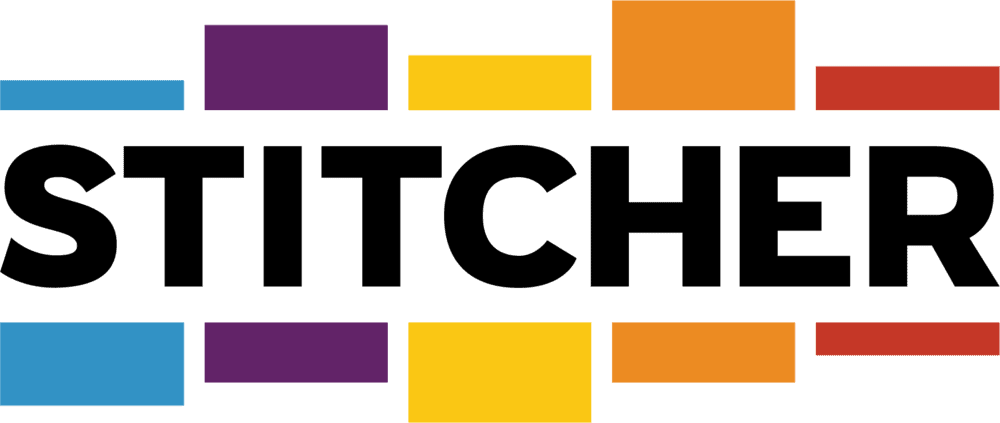Newsletter - August 2018
Hello, Groovers! Thank you for being a part of the Behavioral Grooves community. We are glad you’re interested in behavioral science topics and this month we have some cool news to share.
Tim’s Reading Recommendation
George Loewenstein is a pillar of the behavioral economics research community. He was at the table with Kahneman and Thaler as they decided to give a name to their work and call it “Behavioral Economics.” His research has been citied thousands and thousands of times among scholars. While George’s name is not well known in public circles, Richard Thaler dedicated his most recent book, Misbehaving, to George. In George’s only book so far, Exotic Preferences, his compilation of key research projects is a terrific treatise on the human condition. The combination of his papers and his self-reflective chapter introductions are the writings of a great man and a very fine writer. If you’re interested in digging deeper into behavioral sciences but unsure what to read, check out Exotic Preferences and start with a chapter that sounds interesting.
Tim’s Music
Field Rotation is the name of a German band founded by Chrisoph Berg. His instrumental work is deeply emotional music – conjuring moods that are complex and ever-changing. I wouldn’t recommend it for a car ride, but for setting a mood on a slow Sunday morning or preparing dinner where you want to get the scallops seared just right, turn on some Field Rotation.
Podcasts
As a reminder, Kurt and Tim have published more than 20 podcasts on behavioral sciences that have listeners in 74 countries (about 50% of listeners are in the US). You can access the podcast at these locations (in addition to many more!)…
Podbean: https://behavioralgrooves.podbean.com/
Spotify: https://open.spotify.com/show/7tqgt5lPUtHYJ0BWc7puhQ YouTube: https://www.youtube.com/channel/UCyJ-P-AuRsWDyZIQCq_TS7A iTunes: https://itunes.apple.com/us/podcast/the-behavioral-groovess- podcast/id1303870112?mt=2
or www.BehavioralGrooves.com
Behavioral Science Principles for July
|
Bounded rationality |
A concept proposed by Herbert Simon that challenges the notion of human rationality as implied by the concept of homo economicus. There are limits to our thinking capacity, available information, and time (Simon, 1982). It is similar to the social-psychological concept that describes people as “cognitive misers” (Fiske & Taylor, 1991). (See also satisficing.) |
|
Decision fatigue |
There are psychological costs to making decisions. Since choosing can be difficult and requires effort, just like any other activity, long sessions of decision making can lead to poor choices. Similar to other activities that consume resources required for executive functions, decision fatigue is reflected in self-regulation, such as a diminished ability to exercise self-control (Vohs et al., 2008). (See also choice overload and ego depletion.) |
|
Diversification bias |
People seek more variety when they choose multiple items for future consumption simultaneously than when they make choices sequentially, i.e. on an ‘in the moment’ basis. Diversification is non-optimal when people overestimate their need for diversity (Read & Loewenstein,1995). In other words, sequential choices lead to greater experienced utility. For example, before going on vacation I may upload classical, rock and pop music to my MP3 player, but on the actual trip I may mostly end up listening to my favorite rock music. (See also projection bias.) |
GROOVELETTER ARCHIVES
- August 17, 2020 August 2020
- July 6, 2020 July 2020
- June 6, 2020 June 2020
- April 6, 2020 April 2020
- March 6, 2020 March 2020
- April 1, 2019 April 2019
- December 22, 2018 December 2018
- November 22, 2018 November 2018
- October 22, 2018 October 2018
- August 22, 2018 August 2018
- July 22, 2018 July 2018
- June 22, 2018 June 2018
- May 22, 2018 May 2018











